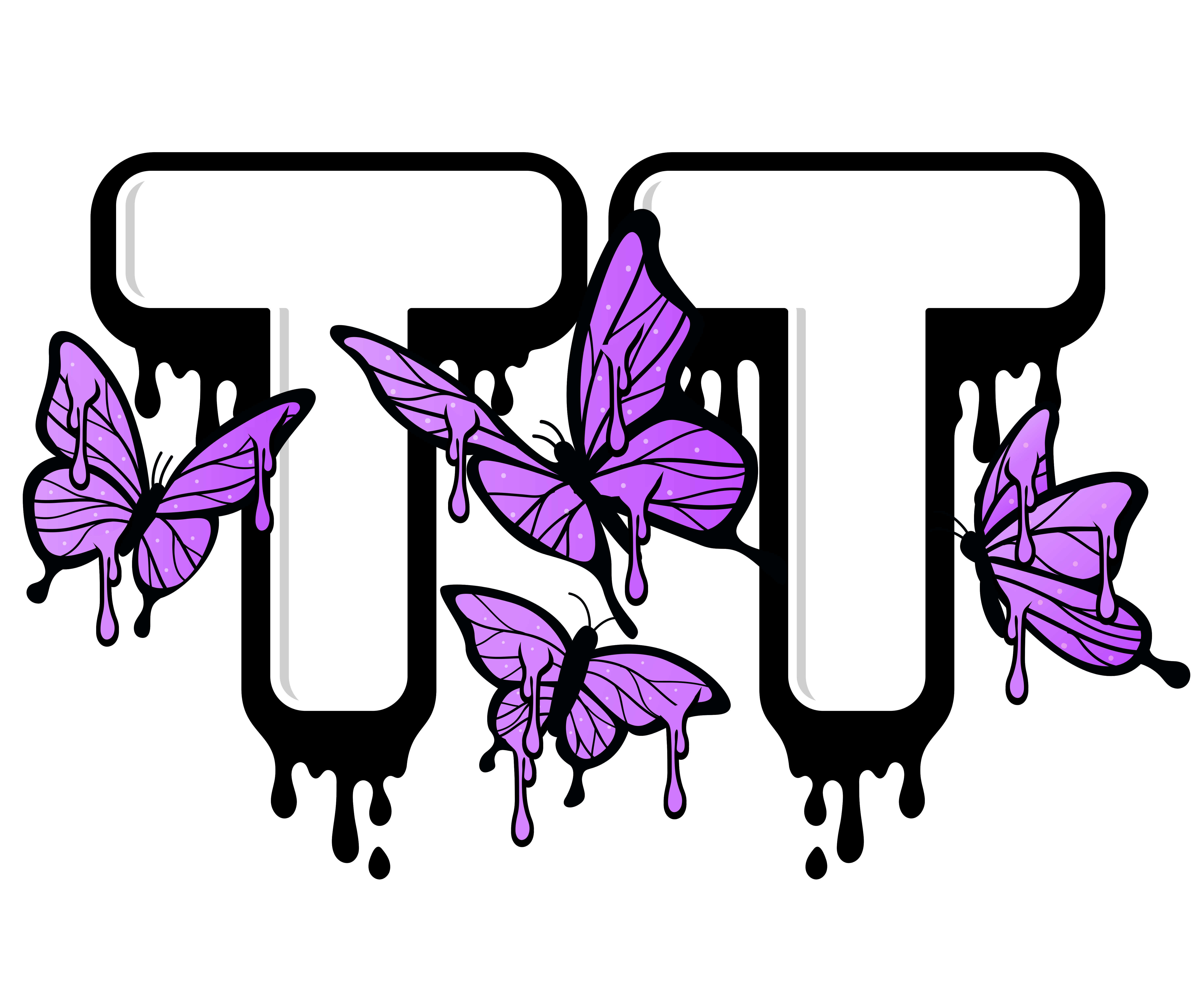Hey there, readers!
If you’re like me, you’ve probably seen some crazy claims floating around on social media. It’s easy to hit the “share” button, but have you ever stopped to think if these claims are true?
Today, let’s talk about fact-checking, using a real world example from Reuters Fact Check blog. They recently tackled a rumor that had people buzzing: an alleged Ebola case at the Burning Man festival. (Read the Reuters Fact Check Here).
What Was the Claim?
The claim that caught everyone’s attention was that officials at the Burning Man festival had announced a case of Ebola via their Twitter (X). This wasn’t just a whisper; it was making rounds on social media, causing quite a stir. The implication was serious. Ebola is a highly infectious disease, and the thought of it spreading at a large festival like Burning Man was enough to cause alarm.
How Reuters Checked the Facts
Reuters didn’t just take this claim at face value. First, they identified the source of the claim, which was a social media post. Then, they reached out directly to Burning Man officials for a statement. But they didn’t stop there. Reuters also consulted the Centers for Disease Control and Prevention (CDC) to see if there were any official announcements or alerts concerning Ebola cases related to Burning Man. After this multi-step verification process, Reuters concluded that there was no evidence to support the claim. It’s a textbook example of thorough fact-checking.
More Voices on the Issue
CDC’s Chronology of Egola
This is a factual news report from the CDC, and it’s as newsy as it gets. How do we know? It’s all about the facts, timelines, and data. No personal opinions or interpretations. According to this week’s learning materials, credible news sources often use direct quotes from experts and provide data. The CDC’s chronology does just that, making it a reliable source for understanding the history and occurrences of Ebola..
No, There’s Not an Ebola Outbreak at Burning Man
This Forbes article by Matt Novak is an opinion piece that dives into the societal implications of such rumors. The author doesn’t just present facts; he interprets them and offers his own viewpoints. But is it credible? I think, yes. Novak cites multiple sources and builds well-reasoned arguments. According to our learning materials, these are indicators of a credible opinion piece. So, while it’s an opinion, it’s one that’s well-supported.
Wrapping It Up
Fact-checking is everyone’s job in this digital age. A single post can spread like wildfire, and it’s up to us to contain it. Before you hit that share button, take a moment to verify. Ask questions. And maybe, just maybe, we can make the online world a bit more reliable.
Fact-checking is more than just a one time thing; it’s a habit we need to make. It’s about being consistently vigilant and not letting our guard down, even when a claim seems plausible or aligns with our own beliefs. It’s about taking that extra step to consult multiple sources, to think critically, and to challenge our own assumptions. Misinformation can lead to unnecessary panic, misplaced blame, and even harmful actions. By ensuring we share only verified information, we not only protect ourselves but also contribute to a more informed and cohesive society. So, the next time you come across a sensational claim, remember the Burning Man Ebola myth and think twice!
